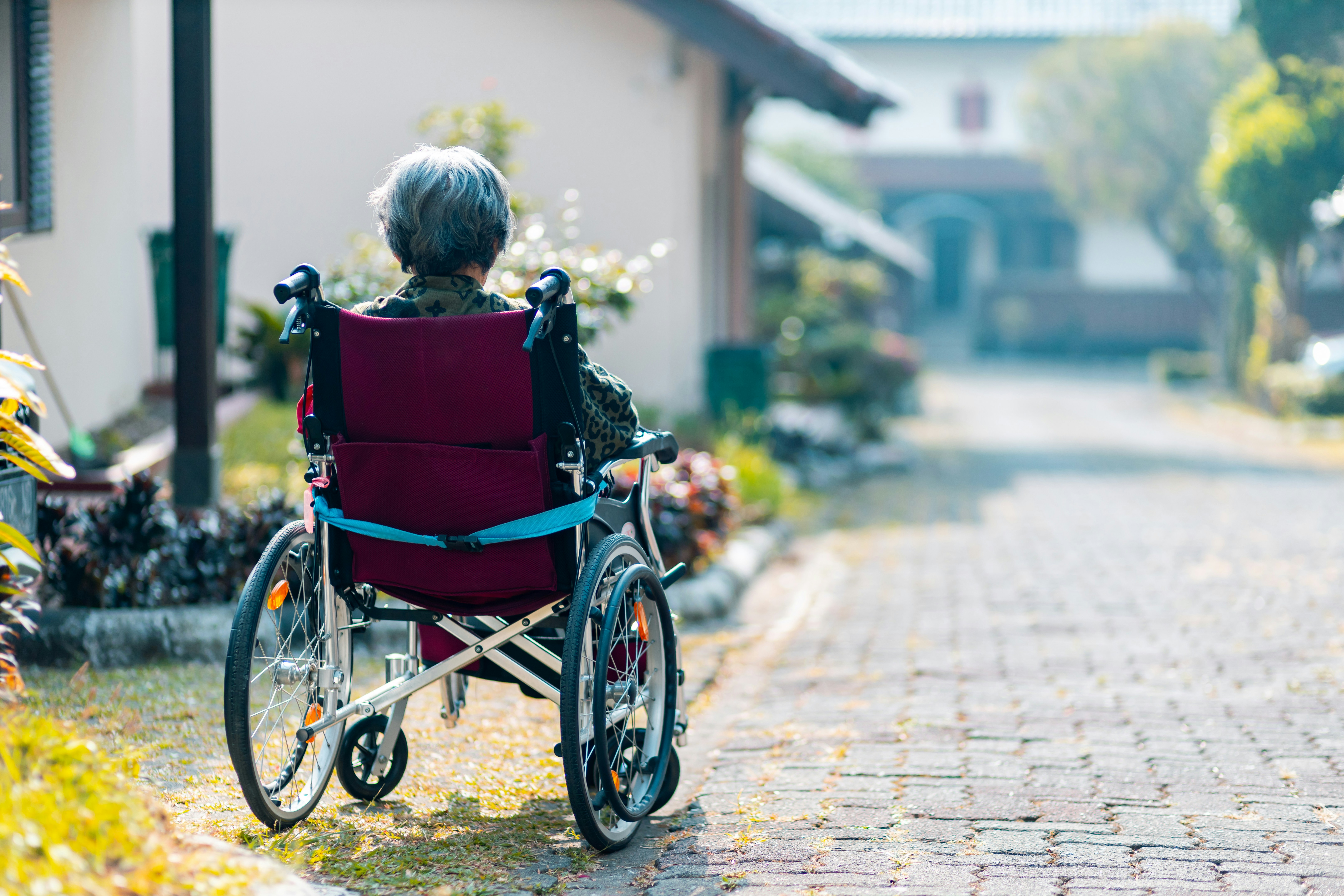11 Early Stroke Symptoms Everyone Should Know
A stroke occurs when there is a disruption to the brain’s blood supply. Blood delivers nutrients and oxygen to the brain. Brain tissue dies when it is deprived of the oxygen, and nutrients blood delivers. Strokes can cause brain damage. Each year there are 795,000 patients who suffer from a stroke in the United States alone.
Understanding the causes, symptoms, and appropriate medical response to a stroke can save lives and reduce the damage caused by a stroke.
Causes

Blocked arteries, aneurysms, and trauma can all cause strokes. Myocarditis research has determined that patients with this disease can suffer a stroke if their heart stops pumping blood and forms a blood clot that travels to the brain. People who have diabetes or high blood pressure have an increased risk of stroke. Your risk of stroke can also be affected by lifestyle factors like heavy drinking, smoking, and obesity.
Symptoms
Several symptoms can indicate a person is having a stroke, including the ones listed here.
1. Severe Headache

Intense headaches can indicate a person is having a stroke. These headaches usually occur suddenly and have no apparent cause, such as head trauma or exposure to loud noises.
2. Dizziness
People having a stroke may be dizzy. Dizziness includes feeling lightheaded or unsteady. People suffering from dizziness may lose their ability to balance or feel like their head is spinning.
3. Loss of Vision

A stroke may affect a person’s ability to see or see clearly. Their vision may be blurred, or their field of vision may be restricted. Stroke-induced issues with vision can affect one or both eyes.
4. Lack of Coordination
Coordination refers to the ability of your body parts to work together to perform specific functions. When a person walks, their body coordinates activities from their leg muscles and joints. People can lose the ability to coordinate their functions when they have a stroke.
5. Confusion

People who are confused can’t think clearly. They may be disoriented and unable to identify people or places that should be familiar to them. Individuals who are experiencing confusion may not be able to make decisions.
6. Comprehension Issues
Strokes can cause brain damage and memory loss. Individuals suffering from a stroke may have difficulty understanding speech because of their ability to recall words and their meanings or relevant data.
7. Difficulty Speaking
It may be difficult for a person suffering from a stroke to speak. They may be unable to form words, or their speech may be slurred if the tongue’s muscles are impacted. Individuals may find it hard to swallow if the muscles in their esophagus and pharynx have been affected by the stroke.
8. Numbness
People experience prickling or a tingling sensation when they are numb. A stroke can cause numbness, particularly in a person’s extremities. A person having a stroke may feel prickling or tingling in the feet, hands, legs, or arms.
9. Weakness
People suffering from a stroke may experience weakness throughout their bodies. It’s common for one side of the body to suffer more severe symptoms than the other. A person experiencing weakness from a stroke may not be able to lift one arm or leg as high as the other.
10. Paralysis

A stroke can cause paralysis to part or all of the body. Some individuals experience facial paralysis. One side of their mouth may droop downwards. Facial muscles may not function on part or all of their face. Individuals may also lose the ability to use their arms or legs. In some cases, individuals are paralyzed on one side of their body but retain the use of limbs on the other side.
11. Loss of Consciousness
Lack of oxygen to the brain can cause syncope, which will cause a person to lose consciousness. Some people will experience confusion when they regain consciousness.
Response
Medical professionals with specialized training, including BLS and ACLS certifications, are equipped to provide immediate medical care to people who are having a stroke. Providing prompt treatment can prevent patients from dying or suffering extensive brain damage. Paramedics can initiate treatment immediately and provide ongoing care while a patient is transferred to the hospital.
Purchase Australia wide ambulance cover to ensure you and your family can receive prompt, professional medical care. Compare ambulance cover with iSelect to determine which plans cover call-out fees, air ambulance treatment, and interstate transportation to ensure your coverage meets your needs.